I am new to C, and I find it too hard to convert my program from using static arrays to using dynamic allocated arrays.
This is my 3rd program (that count words etc. form a .txt file).
So what changes do I have to do to use dynamic arrays in my program instead of static arrays?
This is a part of my code:
int main(int argc, char *argv[]) {
FILE *myinput;
int count=0, a, userchoice,i=0, wrd,chrct,dfw,j,b,k;
char arr[100][50], name[0][50];
printf("Ender the name of the file you want to open: ");
scanf("%s", name[0]);
if((myinput = fopen(name[0], "r"))==NULL)
{
printf("Failed to open the file!");
exit(1);
}
else
{
printf("Reading %s.. Done!\n\n", name[0]);
printf("%s contein: ", name[0]);
}
while(wrd > 0)
{
wrd = fscanf(myinput, "%s",arr[i]);
i++; //counting words in a line from txt file.
}
wrd = i;
for(i = 0; i < wrd - 1; i++)
{
printf("%s ", arr[i]);
}
printf("\n");
while(userchoice!=5)
{
switch(userchoice=choice()) //choice() is a function just with a scanf.
{
case 1: wrd=countwords(myinput); break;
case 2: chrct=coutnchar(myinput); break;
case 3: dfw=diffrentwords(wrd,arr); break;
case 4: istograma(wrd,arr); break;
default: break;
}
}
results(wrd,chrct,dfw,myinput,arr,wrd);
fclose(myinput);
return 0;
}
Here are some functions:
int choice(){
int choice;
printf("\n1: count words \n2: count characters \n3: count different words \n4: Istogramma\n5: Save and exit\n");
printf("enter choice:\n");
scanf("%d", &choice);
return choice;
}
Here is the histogram function:
istograma(int wrd, char arr[100][50]){
int j, i = 0, len;
for(i = 0; i < wrd - 1; i++){
printf(" %s ",arr[i]);
len=strlen(arr[i]);
for(j=0; j<len; j++){
printf("*");
}
printf("\n");
}
}
